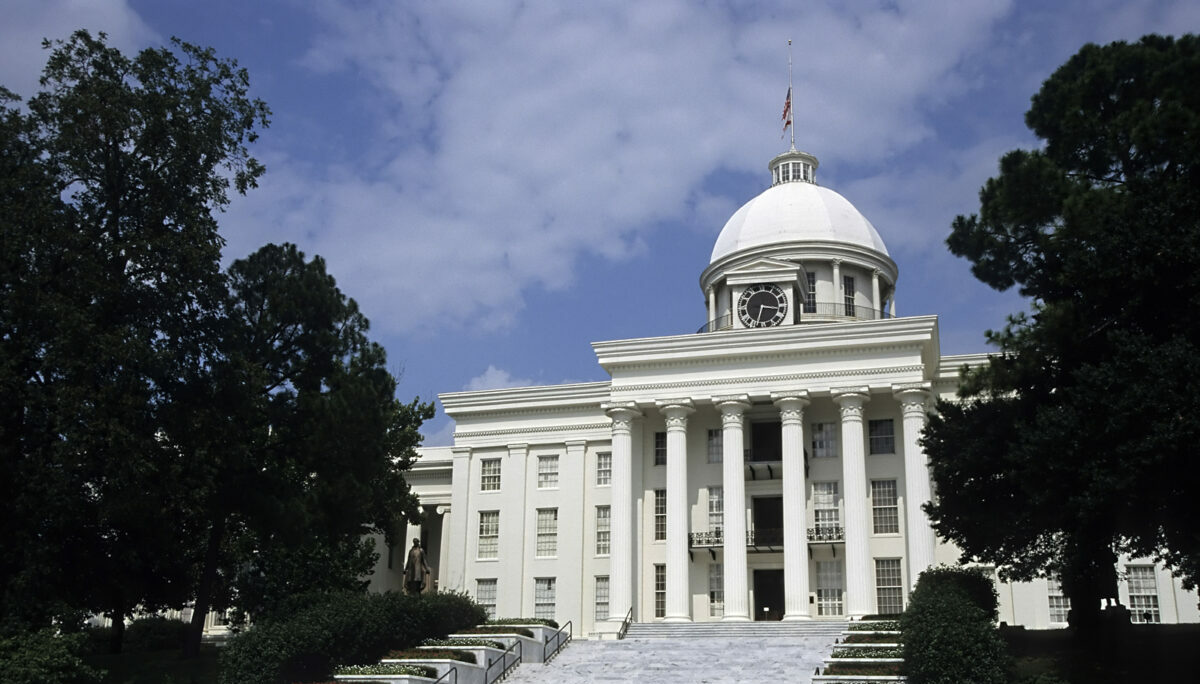
Bill To Make Maine a Sanctuary for Abortion and Sex-Change Surgeries Undermines Parental Rights
In a move that starkly illuminates the growing chasm between progressive agendas and conservative values, a piece of legislation in Maine, LD 227, emerges as a flashpoint in the culture wars engulfing the United States. Touted under the guise of healthcare, this bill is a Trojan horse for radical ideologies aimed at eroding the foundational pillar of parental rights and propelling the state into the heart of legal controversies that threaten the fabric of our federalist system.
The essence of LD 227 is as audacious as it is alarming. By declaring gender transition procedures and late-term abortions as “legal rights,” and fiercely guarding these procedures from any form of “interference” — notably from the parents of minors — Maine legislators are not just stepping over the line; they’re obliterating it. The proposed law doesn’t stop there; it brazenly positions Maine as a sanctuary for those seeking to bypass the legal frameworks of other states, offering a safe haven for practices that many Americans find deeply troubling.
The bill’s implications are far-reaching and fraught with peril. At its core, LD 227 is an affront to parental rights, effectively sidelining mothers and fathers from critical decisions affecting their children’s health and future. But the ramifications extend beyond the family unit, encroaching on the sovereign rights of states to govern according to the will of their citizens. By inviting individuals affected by the laws of other states to sue those states within Maine’s jurisdiction, LD 227 ignites a potential legal wildfire, undermining the principles of state sovereignty and mutual respect that have long characterized our Republic.
The backlash has been swift and decisive, with a coalition of 16 Republican attorneys general raising the alarm about the bill’s “totalitarian impulse” and its potential to “tear apart our Republic.” Their letter to Maine’s governor is a clarion call for sanity, reminding us that while disagreement is a hallmark of our democracy, one state’s attempt to impose its will on others is a dangerous overreach that cannot go unchallenged.
The defenders of LD 227 might argue that they’re championing healthcare rights, but the reality is far darker. This legislation paves the way for an unprecedented erosion of parental authority, potentially exposes minors to life-altering decisions without adequate guidance, and sets the stage for Maine to become a battleground for contentious social issues. It’s a stark reminder of the lengths to which some are willing to go in pursuit of an ideological agenda, even at the expense of the common good.
As Maine goes, so might the nation, if we fail to recognize and resist such radical overtures. It’s incumbent upon those who value parental rights, state sovereignty, and the well-being of our children to stand firm against LD 227 and similar measures.














